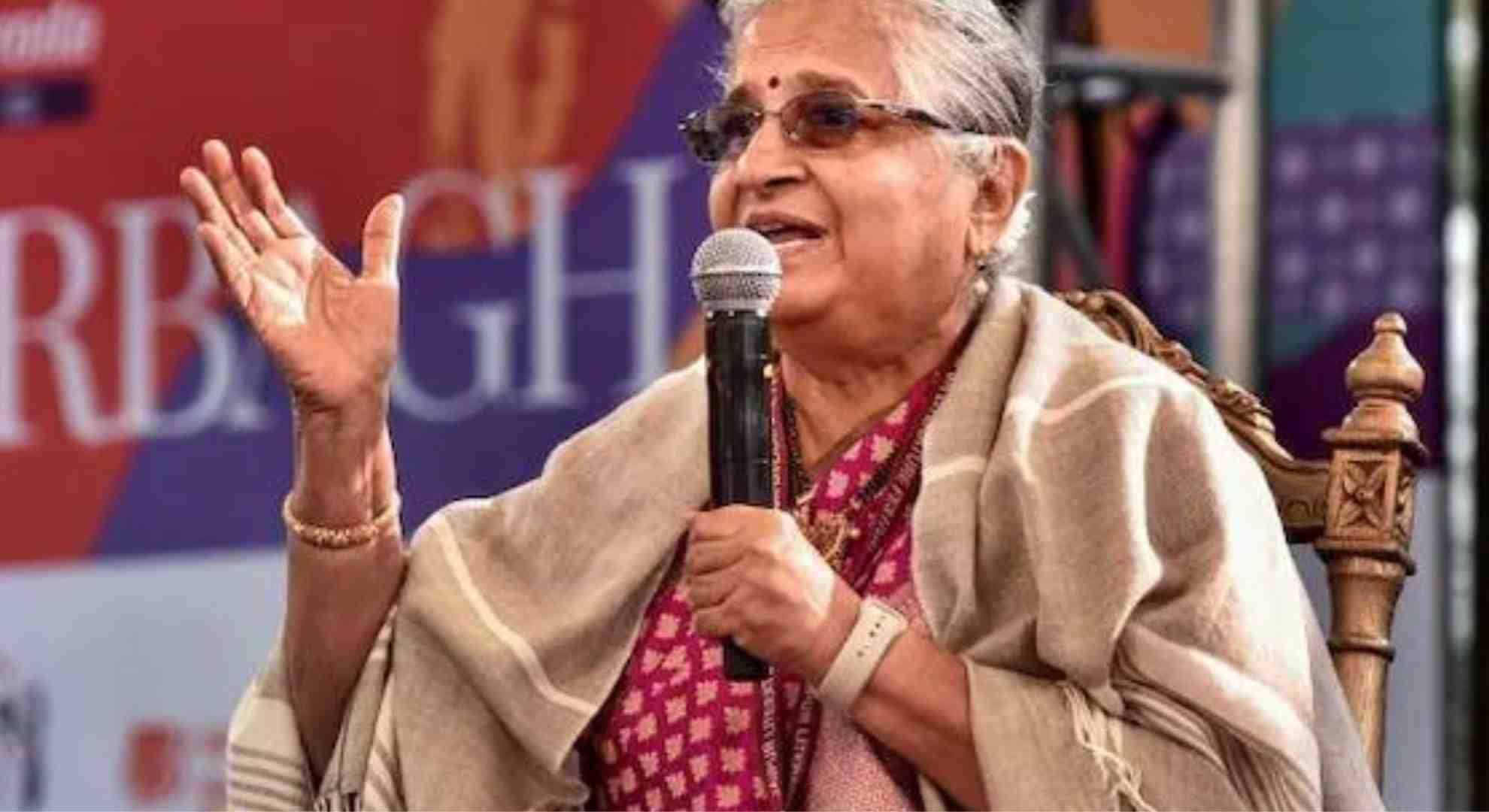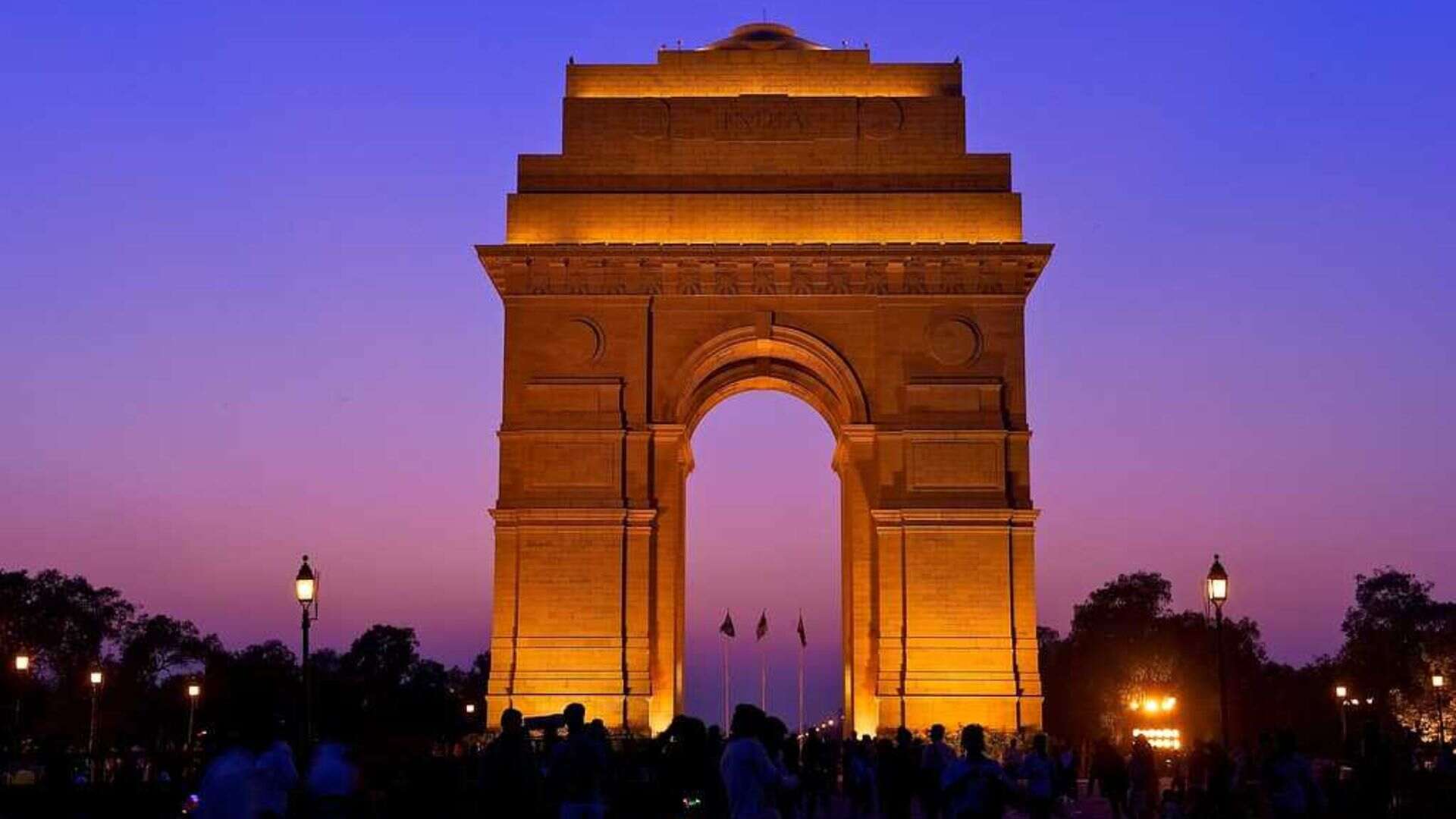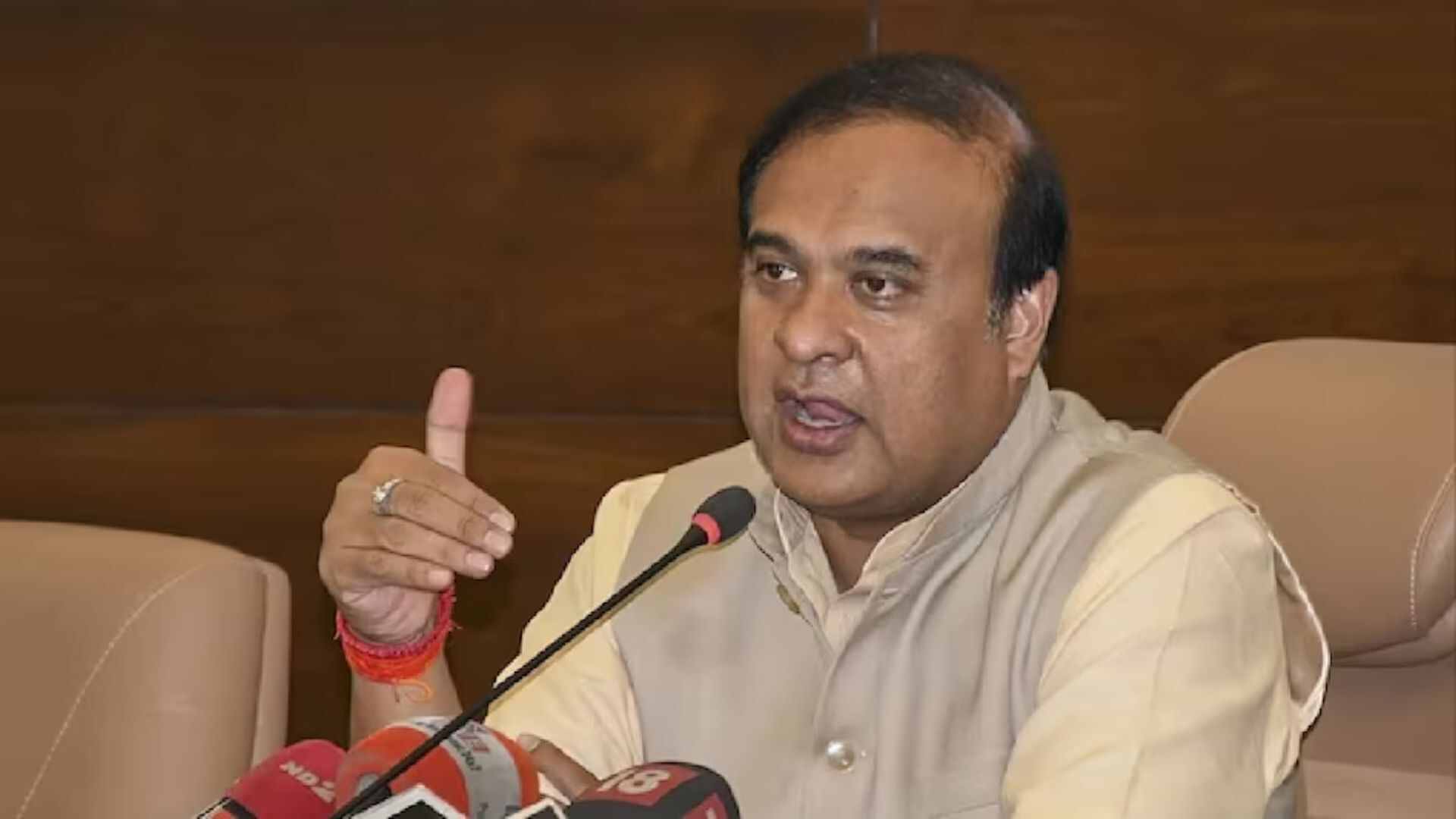Renowned philanthropist and author Sudha Murty made a compelling debut in the Rajya Sabha, advocating for two critical issues that resonate deeply with India’s future.
Addressing the House on July 2, 2024, Murty passionately called for a government-led initiative to provide cervical cancer vaccinations for girls aged 9-14. Emphasizing the preventive benefits, she highlighted, “There is a vaccination which is given to girls, between the age of 9 to 14, known as a cervical vaccination. If the girls take that, it (cancer) can be avoided… we should promote vaccination for the benefit of our girls because prevention is better than cure.”
Murty, who was nominated to the Rajya Sabha on the eve of International Women’s Day, also championed the cause of domestic tourism. She proposed that 57 domestic tourist sites in India, including iconic landmarks like the Bahubali statue in Karnataka and the Shivaji forts in Maharashtra, be recognized as World Heritage Sites. “In India, we have 42 World Heritage sites but 57 are pending… we should bother about those 57 sites,” Murty asserted passionately.
see post
🚨 Sudha Murty’s First Speech in Rajya Sabha
Excellent and Very Beautiful, Must Watch 👏 pic.twitter.com/Ji5WJkEf8c
— Ravisutanjani (@Ravisutanjani) July 2, 2024
Drawing attention to the architectural marvels and historical significance of these sites, Murty underscored the need for their preservation and global recognition. She noted the cultural richness embodied in places like the Srirangam temples and the ancient monuments of Sarnath, urging concerted efforts for their inclusion as World Heritage Sites.
Murty’s address also touched upon the legacy of Indian craftsmanship, noting the architectural inspiration drawn from sites like the Chausath Yogini temple in Mitawali, Madhya Pradesh, which influenced the design of the old Parliament Building. Her impassioned plea for the preservation and promotion of India’s cultural and historical treasures resonated strongly in the parliamentary session.
In conclusion, Sudha Murty’s maiden speech in the Rajya Sabha was not just a call to action but a poignant reminder of India’s rich cultural heritage and the imperative to safeguard its future through proactive health initiatives and preservation efforts in tourism.







